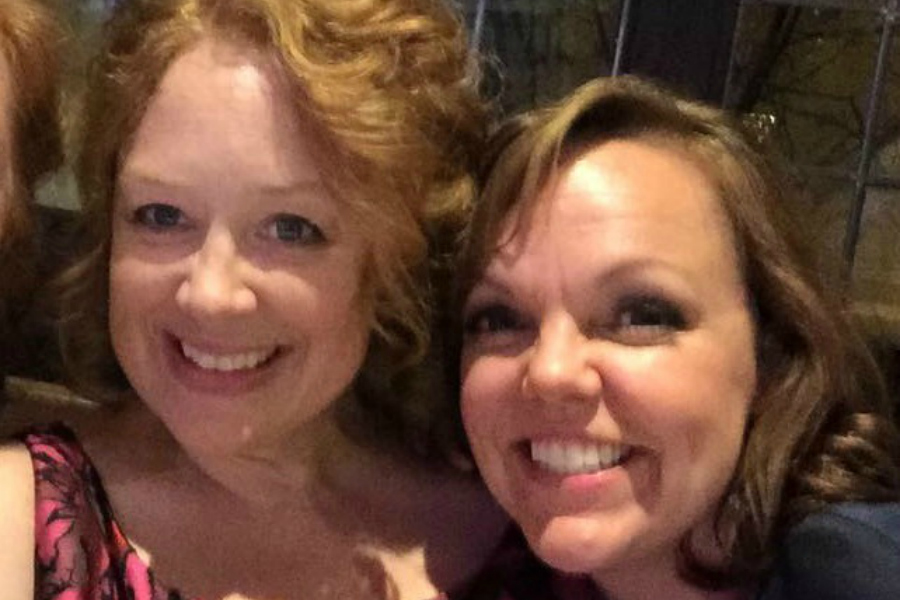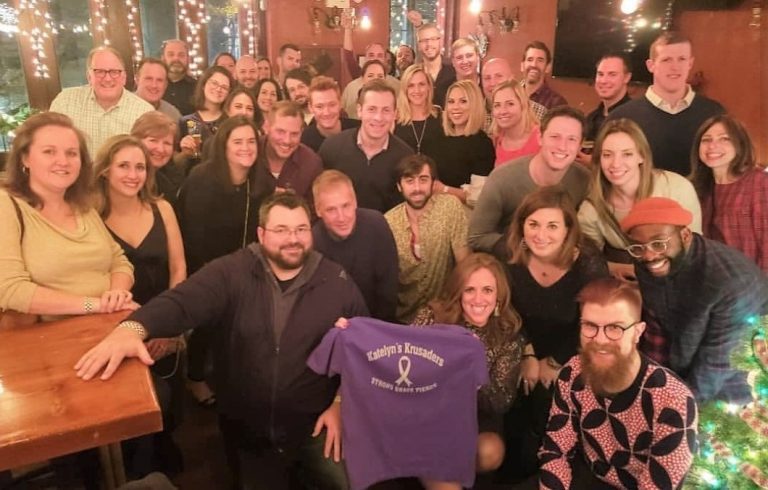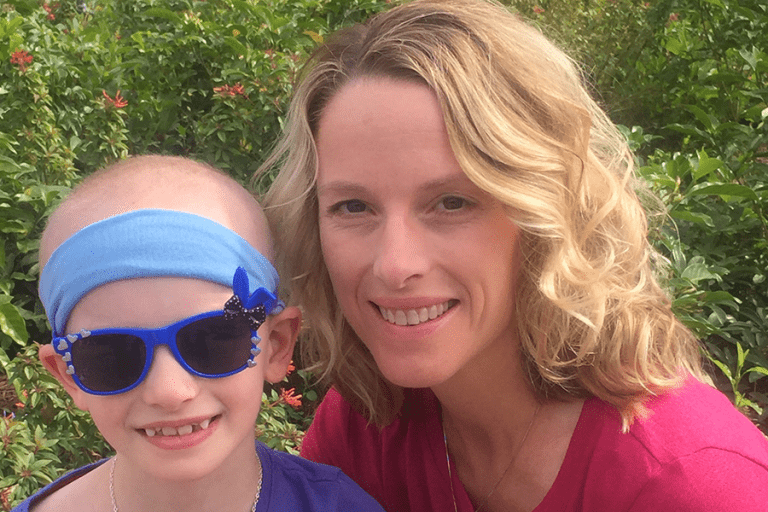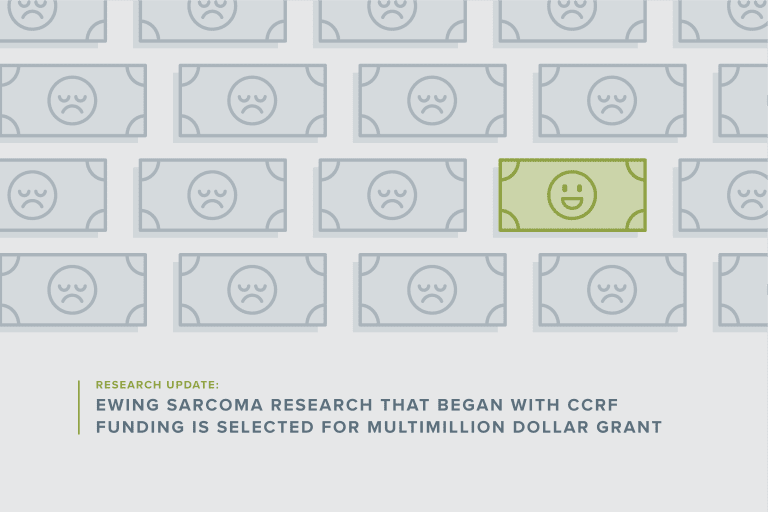After college graduation, my friends and I scattered to new states, new jobs and first marriages. We remained close, but gone were the nightly debriefings of our days and the close familiarity that came from best friends living together in the same house. We fell into new routines, we checked in with each other once a month (this was before Facebook and the ease of texting), and we changed. No one expected anything different.
What we also didn’t expect was cancer.
Within the first year of our graduation, and after returning from her honeymoon, my freshman roommate was diagnosed with a lymphoma in the soft tissue between her joints. I was then living in Texas. She had moved to North Carolina. Her response was to tell us all not to worry. It was no big deal. She’d beat it. All would be well.
My first question to myself was: How do I react? I imagined what I would personally want in that same situation, namely to turn inward and hole myself up in privacy until the storm abated. I, therefore, decided to maintain the status quo. I would call her no more (or less) frequently than I had been calling before the news. I would treat her as I always did, and I would act as if everything was normal. When we talked, we avoided the monster lurking in the corner. It felt good. We were on the same page.
Except that we weren’t.
When I called one day after a six-week lapse, her husband laid into me. “She’s sleeping! She doesn’t want to talk to you. Do you have any idea what she’s going through? Did you have any idea she’s been in the hospital for the last three weeks? How could you abandon her like this?”
Of course, I had no clue what she’d been going through. We had silently agreed to continue with life as normal. Had I misunderstood? Did she really want something more from me? If that were true, she would have told me herself, right?
Her husband was so loud in dressing me down that he woke her up. She came to the phone. Told me it was okay, and––just like before––told me not to worry. But now I worried. By the time I was able to visit North Carolina, she was back in the hospital. She died less than 36 hours after I arrived, and she didn’t want to see me by then.
Flash forward sixteen years, and my best friend’s son (and my own daughter’s oldest friend) was diagnosed with cancer. I vowed not to make the same mistakes.
“What do you need?” I flat-out asked her. We both knew I wasn’t talking about casseroles. “Do you want me to go about life as normal? Do you want me checking in? How much? How little? Tell me exactly how to be the friend you need.”
She said, “If you leave me alone in this, I will never forgive you.”
Message received.
I hope I never have to have these conversations with another friend. I hope the same for you. But if that hope goes unfulfilled, it is important to remember that we all deal with crises differently, and assumptions can often make a bad situation worse. Cancer already requires us to process so much information, statistics and unfamiliar language, the last thing we need is to complicate our friendships.
Be there. Simply ask. Listen. Then act.
Written by Anne Greenwood Brown
Anne Greenwood Brown is an author, living in Minnesota. Her novels for teens include the Lies Beneath trilogy (Random House/Delacorte) and Girl Last Seen (Albert Whitman Co.).




